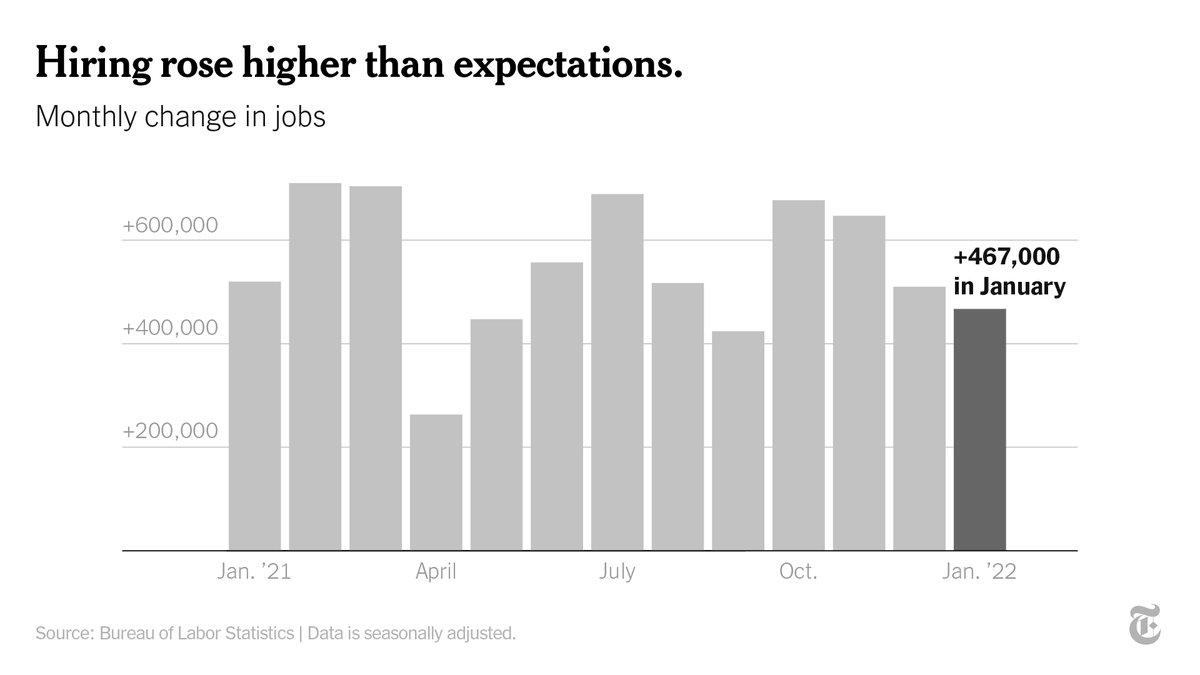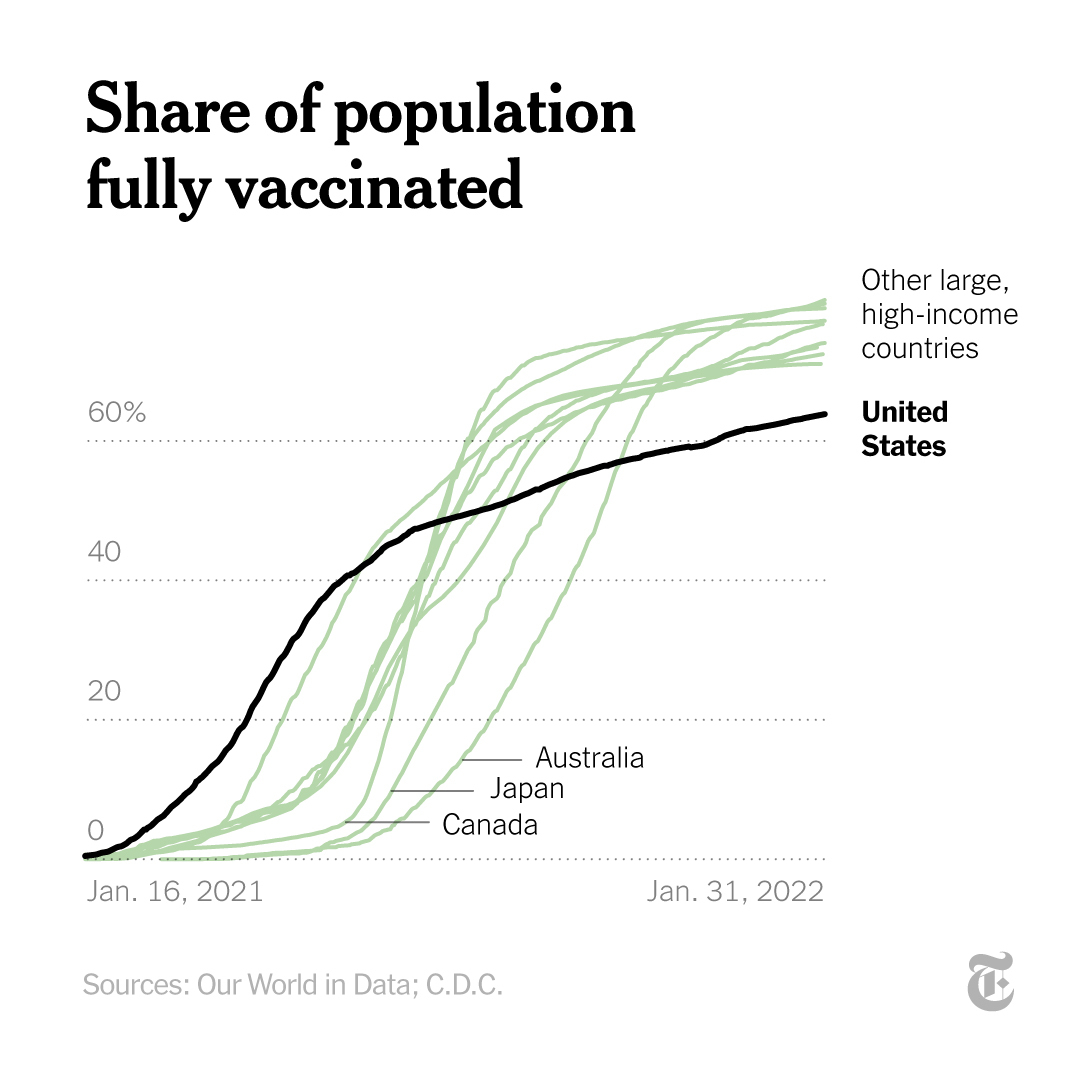
During the Summer Olympics, conditions are mostly controlled. The courts are the same size. The temperature is consistent. The lighting is dependable.
But for many Winter Olympians, the stadium is a mountain, the ceiling is the sky. nyti.ms/3rpFzR4
But for many Winter Olympians, the stadium is a mountain, the ceiling is the sky. nyti.ms/3rpFzR4
Winter Olympians expect the unexpected. They train in wind and bitter cold, on ice and slush. But they never know what they will encounter on competition day. Four years of preparation can be undone by the fickle unpredictability of Mother Nature.
Among the fears for winter athletes is a sky that looks just like snow and ice. “If the light is flat, it’s easy to lose yourself because you look at the snow and you look up in the air, and it looks similar,” said Anna Gasser, an Austrian snowboarder.
For athletes who spin like kaleidoscopes, air awareness is essential. A battle with “the twisties,” as Olympic gymnast Simone Biles called the feeling of losing your place in the air, is one of the biggest nightmares.
For years leading to the Olympics, athletes controlled what they could: their practices, their workouts, their diets, their personal lives, so they could peak at the Games.
They pray the weather cooperates. nyti.ms/3rpFzR4
They pray the weather cooperates. nyti.ms/3rpFzR4
• • •
Missing some Tweet in this thread? You can try to
force a refresh












